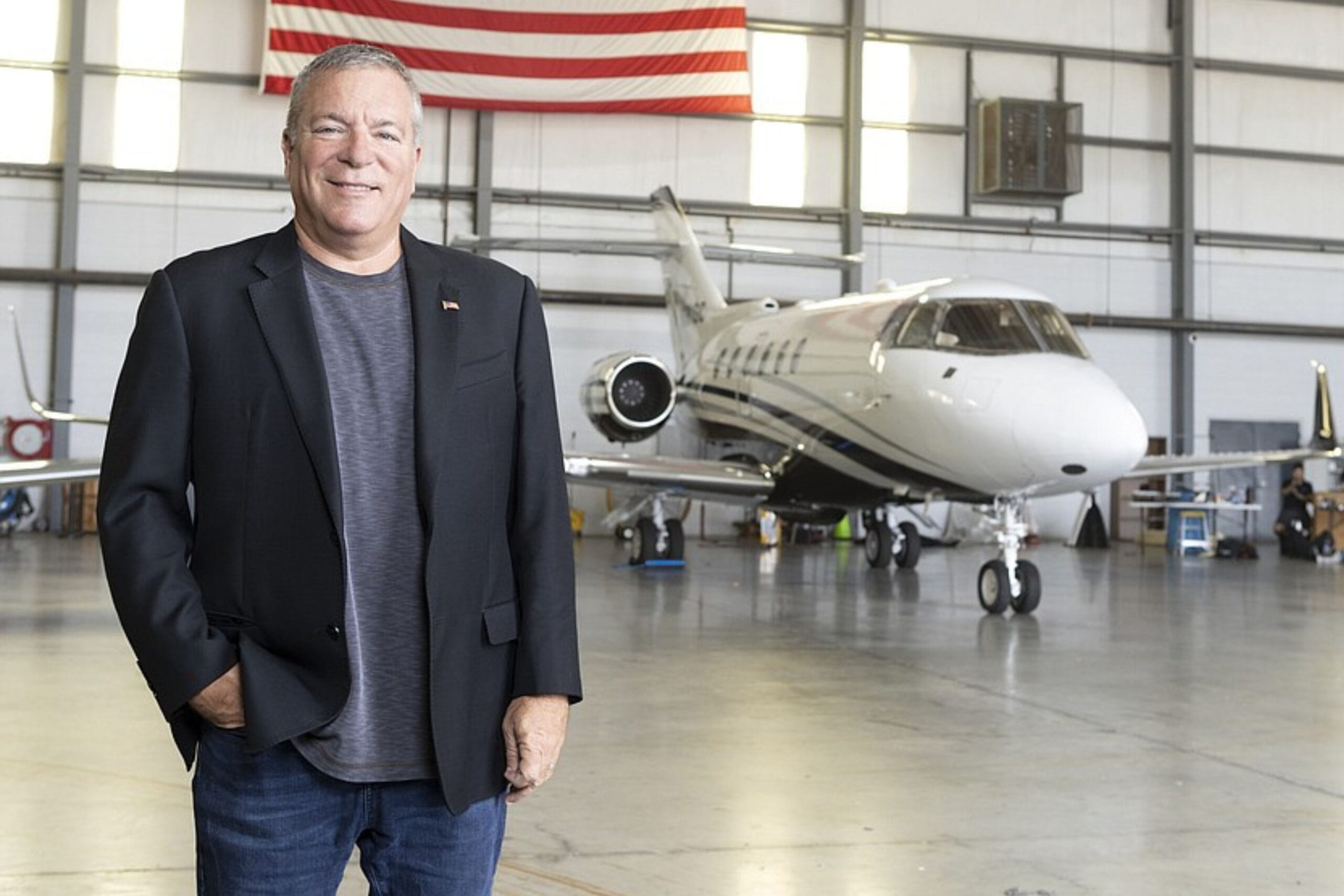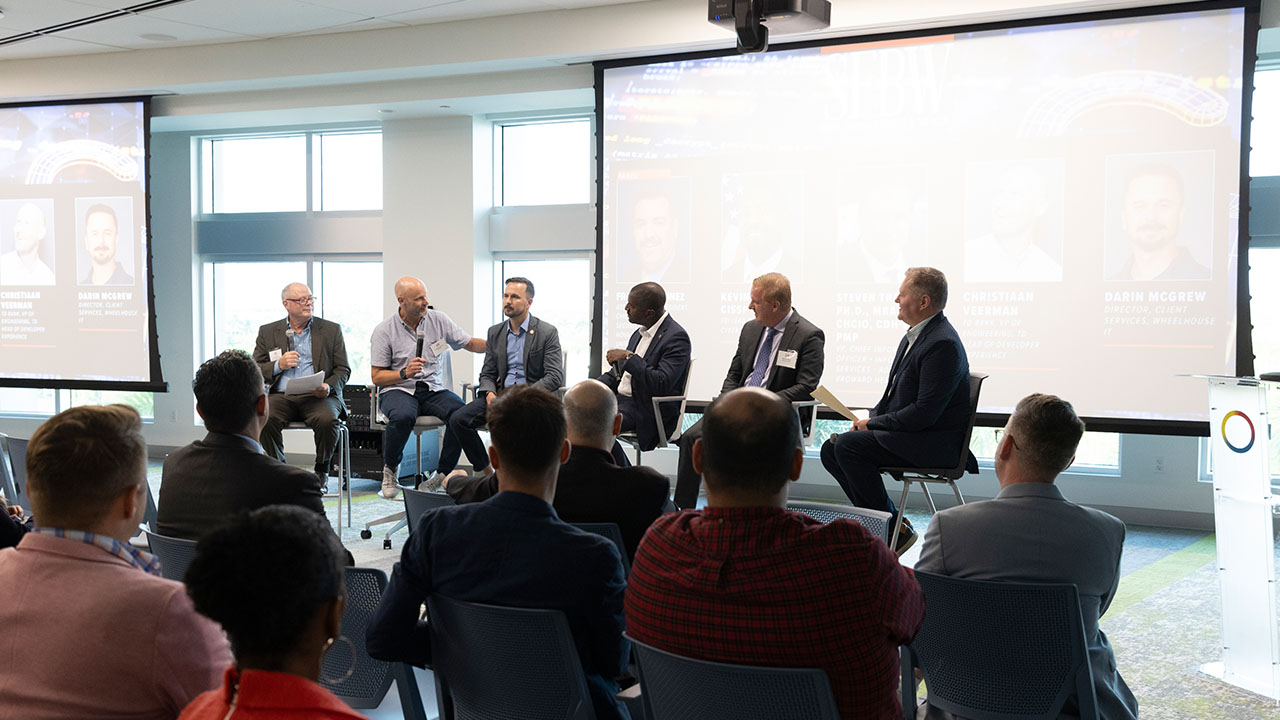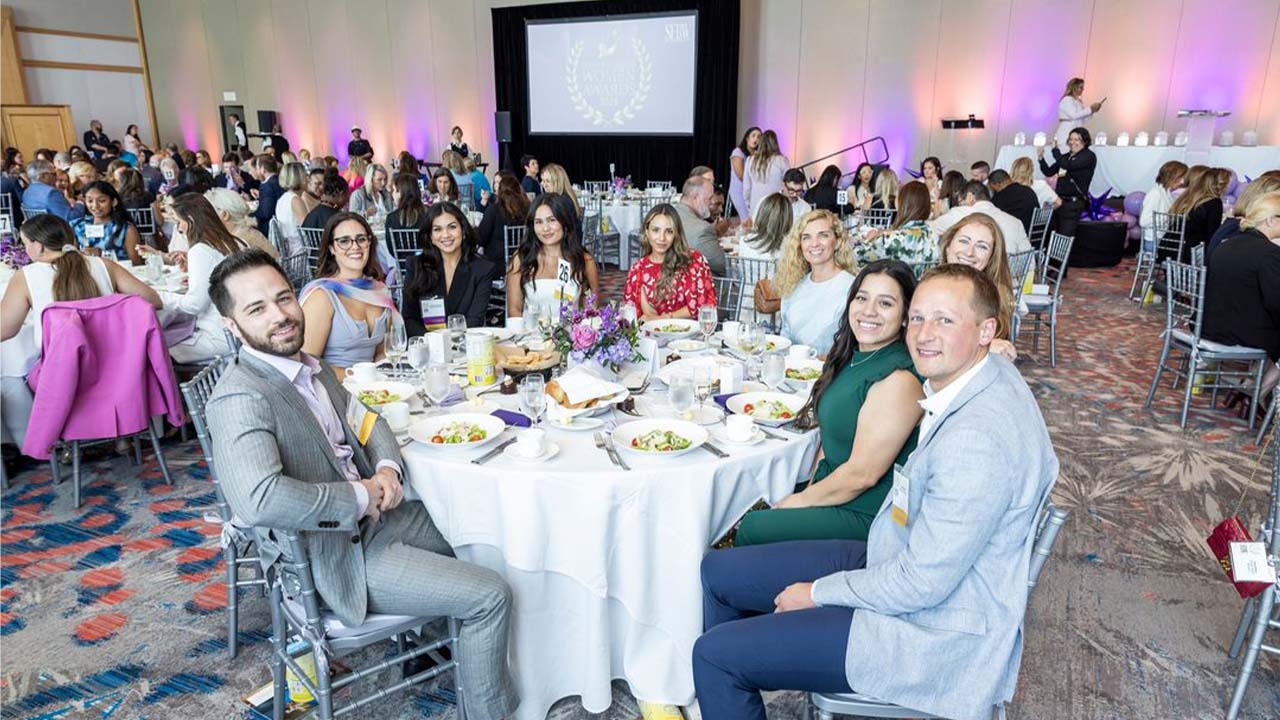[vc_row css_animation=”” row_type=”row” use_row_as_full_screen_section=”no” type=”full_width” angled_section=”no” text_align=”left” background_image_as_pattern=”without_pattern”][vc_column][vc_column_text]
When Andrew Koenig, president of City Furniture, and his father, Keith Koenig, City Furniture’s CEO, joined Gregory Haile, president of Broward College, for a digital roundtable discussion with SFBW, the subject was not décor but diversity. Haile is an acknowledged thought leader in the area of inclusiveness, and the Koenigs have avidly taken up the same mission. Their company has grown into a $500 million enterprise, with 19 City Furniture locations and 14 Ashley Furniture HomeStore locations throughout south and central Florida. With the company employing more than 2,000 associates in this area, the Koenigs wanted to learn more about the stories behind the numbers. So did their peers in the business community.
“I reached out to a lot of my Black friends and leaders in the community,” Keith recalled. “Every one of my friends said, ‘Keith, George Floyd is a tipping point. We’ve got to change things.’ ” He described the moment as an epiphany that inspired bracing self-knowledge. “I realized this is a changing point for our community and culture, and leaders have to lead. I realized how I, who had no intention of being discriminatory against anybody, will probably be that way inappropriately at one time or another. I started looking at myself and the business community from a different lens after hearing everybody’s very heartfelt stories.”
As part of SFBW’s “Virtual Connect” digital program, Haile and the Koenigs expounded on the topic with moderator Kevin Kaminski. Here are some highlights of their conversation.
[/vc_column_text][vc_empty_space][vc_empty_space][vc_row_inner row_type=”row” type=”full_width” text_align=”left” css_animation=””][vc_column_inner width=”1/3″][vc_column_text]
DEVELOP TALENT
“There is unlimited potential throughout our community, but we have to make sure we are giving it an opportunity to thrive,” Haile said. Broward College’s “Broward Up” program, which Haile has overseen since 2018, provides free educational opportunities, job training, and support services in six Broward ZIP codes affected by high unemployment, low education attainment and low household income. “Our job at Broward College is to make sure that we are providing equitable opportunities to those who need us most,” he explained. “We’ve served over 2,000 students and that number continues to climb.”
[/vc_column_text][/vc_column_inner][vc_column_inner width=”1/3″][vc_column_text]
TAKE A STAND
As chair of Broward Workshop, an organization of more than 100 business leaders, Keith Koenig realized that it was past time to speak in unequivocal terms about racial injustice. “It was brought up that Broward Workshop, the business leadership organization of Broward County, should have a statement against racism and social inequities,” he said. Consulting with African American friends, colleagues and community leaders revealed some painful truths. “Every one of them shared experiences where they had been discriminated against,” he said. A statement was issued, helping the organization focus its mission. “We set a few goals to go after, and one of them is to support ‘Broward Up.’”
[/vc_column_text][/vc_column_inner][vc_column_inner width=”1/3″][vc_column_text]
OPEN EARS
Achieving a diverse workforce requires communication between all stakeholders. “At City Furniture, we’re looking internally to our associates, and externally through our partners,” Andrew Koenig said. “We’re doing town halls with our associates, having them give us ideas, and creating a plan.” Keith Koenig added that town halls offer an opportunity for employees to freely share their thoughts on increasing diversity while management simply listens. “It’s maybe 30 seconds of us telling them what we’re doing, and the rest of the time them telling us their point of view and what can we do better,” he said.
[/vc_column_text][/vc_column_inner][/vc_row_inner][vc_empty_space][vc_empty_space][vc_row_inner row_type=”row” type=”full_width” text_align=”left” css_animation=””][vc_column_inner width=”1/2″][vc_column_text]
PARTNER UP
“Don’t do it in a vacuum—reach out to your local partners, like the Urban League and Broward College, and tell them you’re serious about creating a diverse organization,” Andrew Koenig advised. “They’re going to help you, or they’re going to get you the connections.” Those collaborations aren’t just good for diversity—they make business sense as well. “We’re going to get back to 2-, 3-, or 4-percent unemployment pretty soon, and there is going to be a battle for talent,” predicted Keith Koenig. “We’re working with Broward College to develop a program so people get proper sales training and a high-percentage chance—maybe even a guarantee—of getting a position at City Furniture if they pass the class. We’re getting a pipeline of people who want to make a career in sales.”
[/vc_column_text][/vc_column_inner][vc_column_inner width=”1/2″][vc_column_text]
KEEP SCORE
“You’ve got to have commitment from the top, measure that performance, and hold leadership accountable,” Andrew Koenig said. “This December will be our third year releasing our corporate social responsibility report and making sure we really are becoming diverse and inclusive.” Diversity efforts don’t end at a business’ front door, as Keith Koenig pointed out. He recalled a conversation with the Urban League’s Germaine Smith Baugh, who suggested he implement a “diversity scorecard” for the company’s suppliers. “She told me to take where we are and measure it through the prism of racial equity, then just start keeping track and setting goals,” he recalled. According to Haile, diversity isn’t just good for society, but it benefits the bottom line as well: “When you’re looking at every metric as it relates to diversity, and having a diverse team and diverse leadership, those things all make a great difference. The evidence suggests that companies with diverse thinking, diverse backgrounds, and diverse individuals end up outperforming those that don’t.”
[/vc_column_text][/vc_column_inner][/vc_row_inner][vc_empty_space][vc_empty_space][vc_column_text]
Part of a Series
This feature was derived from a recent SFBW online event as part of the magazine’s popular “Virtual Connect” series. This initiative, which launched during the pandemic, serves to advance the dialogue among business leaders in the tri-county area, and focuses on COVID-19 and non-COVID-19 issues alike. “In a typical year, we’d be spearheading an active live event calendar, but until we can restart these live events, it’s essential for us to stay connected, boost morale and overcome challenges together,” says Managing Director Clayton Idle. Chairman Gary Press adds: “For me, the key word in the phrase ‘business community’ has always been ‘community,’ and setting this example of diversity represents that.”
[/vc_column_text][/vc_column][/vc_row]














